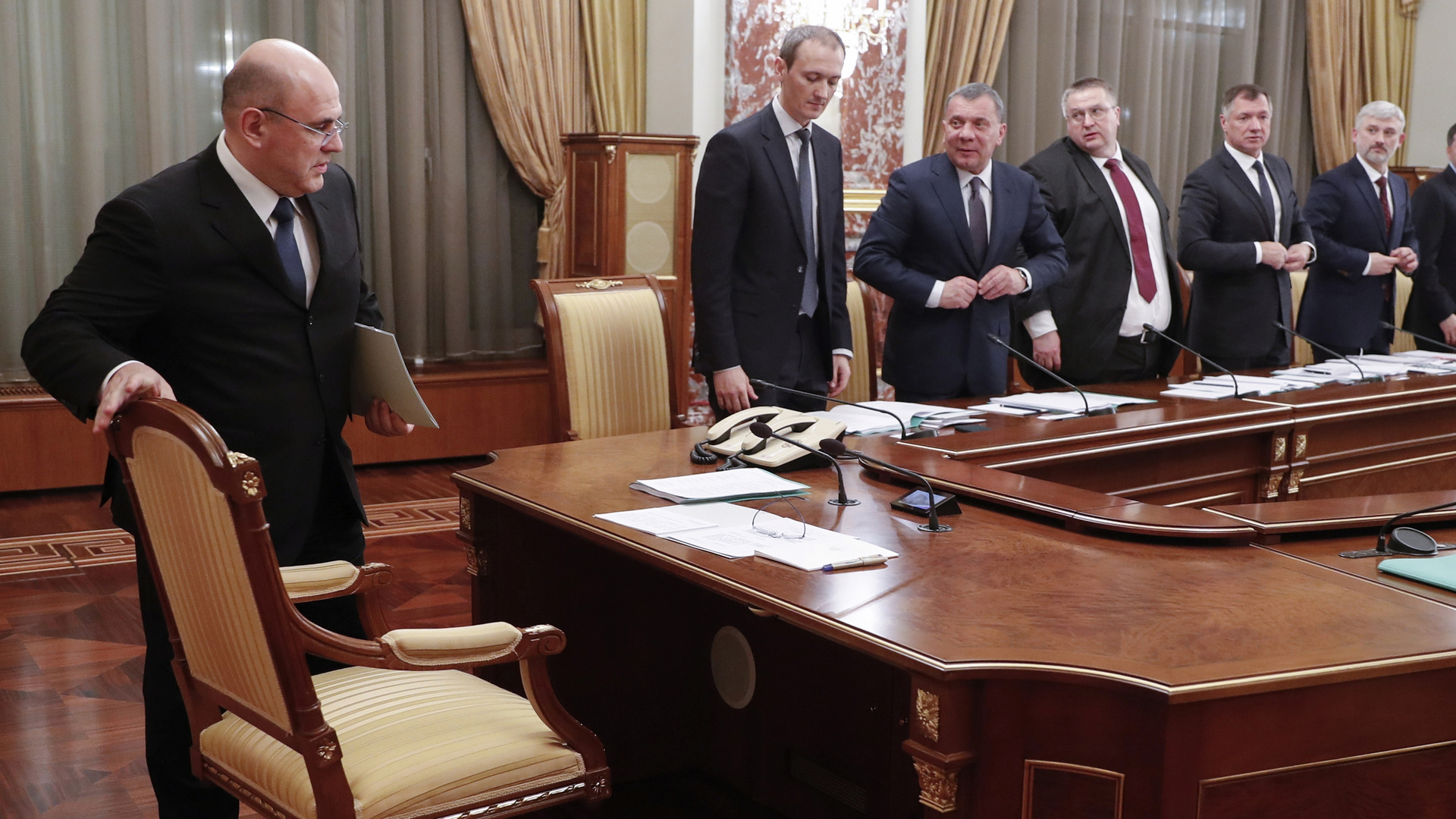Russian President Vladimir Putin has signed a series of decrees regarding new appointments in the government. The number of deputy prime ministers has now been reduced to nine, of which only three came from the old Cabinet, six more took up these positions for the first time.
Remain in office as Deputy Prime Ministers Yuri Borisov, Tatyana Golikova and Yuri Trutnev, who also holds the position of Presidential Plenipotentiary in the Far Eastern Federal District.
Instead of Anton Siluanov, the first deputy prime minister was Andrei Belousov, former presidential aide, who until 2008 served as deputy head of the Ministry of Economy, and later as director of the department of economics and finance of the Russian government apparatus. Since 2012, he was appointed Minister of Economic Development, and in 2013 - Assistant to the President.
Dmitry Grigorenko was appointed deputy chairman of the government - the head of the government apparatus, replacing Konstantin Chuychenko, who transferred to the post of Minister of Justice. Grigorenko worked in tax authorities since 2000, in 2012 he became the head of the taxation department of the Federal Tax Service. In August 2013, he headed the department of taxation of legal entities, and in October 2013, he assumed the post of deputy head of the Federal Tax Service, Mikhail Mishustin, who headed the new government.
Gazprom Media’s general director Dmitry Chernyshenko, former deputy mayor of Moscow for urban planning and construction issues Marat Khusnullin, deputy minister of economic development and head of Rosreestr Victoria Abramchenko, and former deputy head of the Federal Tax Service Alexey Overchuk, who also worked with Mishustin.
The director of the Center for Political Analysis Pavel Danilin, in an interview with RT, noted a serious update to the Russian government.
“This corresponds to the personnel policy of the president, which gives an answer to the request for changes that exist in society. Of course, the new government will renew its efforts to implement both the May decrees and national projects ... Those ambitious tasks that the president set in his message, in May decrees, in national projects should be implemented in the fullest possible way, ”noted Danilin.
The previous cabinet, headed by Dmitry Medvedev, resigned in full force against the backdrop of proposals by President Vladimir Putin to amend the Constitution of Russia. Medvedev himself explained the decision to resign his government by the need to ensure freedom of decision for the president, who announced his intention to modernize the political system in the country. The ex-prime minister drew attention to the fact that he led the Russian government for eight years, calling this time “a huge term.”
- Reuters
- © Sputnik / Dmitry Astakhov / Pool
Vladimir Putin, in a message to the Federal Assembly, outlined a number of tasks to improve demographic indicators and support young families, and also proposed a package of constitutional amendments. In particular, the head of state suggested instructing the State Duma not only to coordinate, but also to confirm the candidacy of the prime minister. As the president put it, the measures proposed by him are aimed at "more effective interaction between the representative and executive branches of government."
Shortly after Medvedev’s resignation, the president proposed heading the government of Mikhail Mishustin, formerly the head of the Federal Tax Service (FTS). The next day, the State Duma supported Mishustin's candidacy.
Mishustin previously outlined the priorities of his work, and added that the new composition of the government will be focused on "close partnership" with the State Duma, factions and the Federation Council, and all cabinet members "will be personally responsible for achieving national development goals."
He noted that three months later he would report to the State Duma on the direction taken by his government in the work.
The State Duma Chairman Vyacheslav Volodin, commenting on the appointments, expressed the hope that the new composition of the Russian government will cope with the tasks facing the country and citizens in improving the efficiency of the economy, as well as in the fight against poverty.
“The government has been seriously updated. The request of society, our citizens and parliament for the more efficient work that we all expect from the government has been implemented. We need to ensure that the economy grows above the global average - that is how the president sets the task. We also hope that the new composition of the government will do everything possible so that we can end poverty as soon as possible and increase the well-being of our citizens, ”he explained.
According to him, the government will work even more efficiently to cope with the challenges of today and increase the country's competitiveness.

